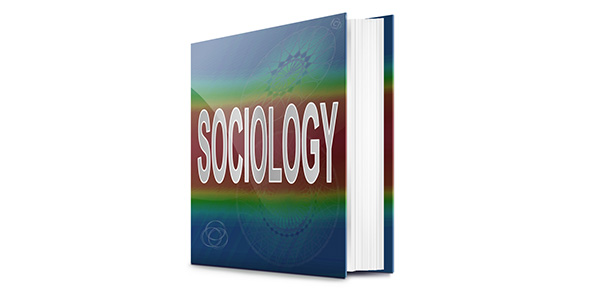Related Flashcards
Cards In This Set
| Front | Back |
|
After experience or examination; reasoning from effects to causes; not
problematic for philosophy
|
A posteriori
|
|
Prior to experience or examination; reasoning from causes to effects;
those things – judgments and elements of knowledge that are pure, universal and
necessary; independent of experience;
|
A priori
|
|
Propositions in which the subject contains the predicates that describe
them; tautologies and a priori, e.g. all bachelors are married; the negation of
the proposition is a contradiction
|
Analytic
|
|
Propositions, statements, judgments that are demonstrably necessary or
impossible (A=A or A=~A). These
propositions are not merely ‘probable’ (“It is likely that when it rains it
pours in South Georgia”) nor are they statements that reflect something is or
is not the case (“New York is larger than Chicago”).
|
Apodeictic
|
|
The process or function in which one makes one’s own representations
into objects of one’s thoughts BUT only according to the categories; it unifies
concepts and intuitions in judgment; unity is a presupposition of all
self-knowledge
|
Apperception
|
|
‘…pure forms of
judgment under which all possible objects of judgment are included…; The
categories are ‘innate’ within the mind and as such are a priori; The categories
include quantity (unity, plurality, totality and axioms of intuition), quality
(reality, negation, limitation and anticipants of perception), relation
(substance, cause, community and analogies of experience), and modality
(possibility, existence, necessity and postulates of empirical thought).
|
Categories
|
|
Concepts, unlike intuitions, do not relate to any particular object but
at best, represent objects in general by re-presenting some feature or features
that several objects have in common; concepts, in essence are very much like
predicates – they require application to a subject
|
Concept
|
|
Dependent upon a preceding cause or event; that which could have been
otherwise;
|
Contingency
|
|
For Kant dialectic occurs when the use or function of a faculty – ability
of the mind in brief – is thought to be more general than it actually is;
dialectic often occurs when we apply our analyses, judgments and even critiques
to noumenal concepts – thing is themselves
|
Dialectic
|
|
The mind can come to possess knowledge of extended objects in space and
time
|
Empirical realism
|
|
For something to be perceived it must be situated in space and time but
that we perceive objects at all with colors and other ‘accidents’ constitutes
the empirically subjective; however, to be subjective empirically and object
must necessarily be located in space and time – the characteristic of
transcendent subjectivity
|
Empirical subjectivity
|
|
The judgment, statement or position of some feature of an objective
reality; “What I am seeing is a chair.”
|
Experience
|
|
Ability; the mind has faculties intrinsically that contain internal
structures – like categories – and automatically synthesizing sensory inputs
according to special rules that directly reflect the internal structures (e.g.
We see or experience and horse and because of theses innate structures of
categories we are able – have the faculty – to synthesize its quantity,
qualities, modalities and relations to determine, “That is a horse!”
|
Faculty
|
|
Just those features or characteristics that are necessary and universal
for and determinative of something being of “that” type AND the sensuous
feature(s) of our experience taken merely as presenting a particular object;
the direct presentation to the mind, through the senses, of something
particular that we can think of as that;
the presentation to experience of a particular; necessary and universal
features of an intuition
|
Form of intuition
|
|
A representation of experiences in the material world; concepts that
arise from our knowledge of the empirical world and point beyond themselves to
the noumenal or transcendent realm (see the generality of concept)
|
Idea
|





